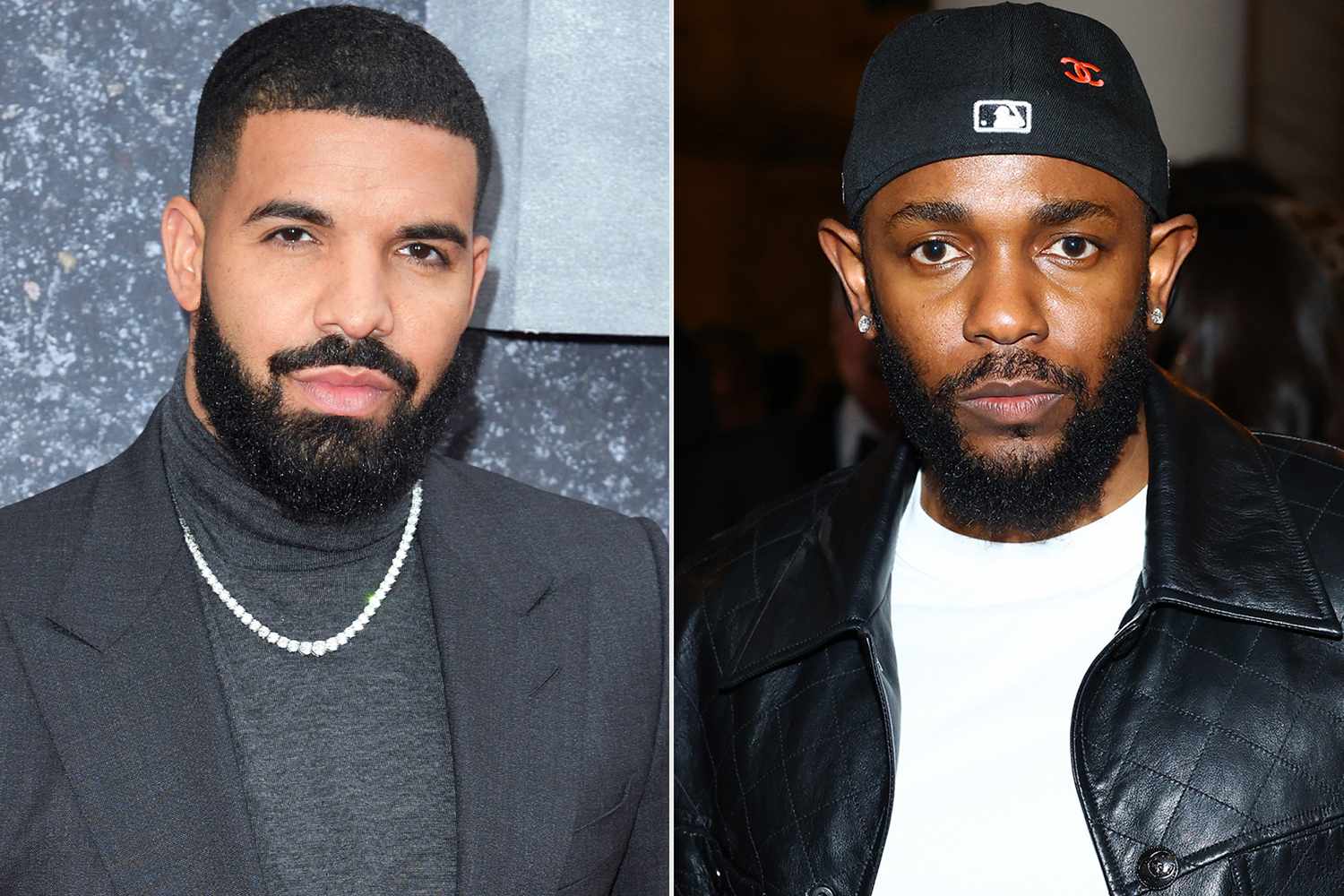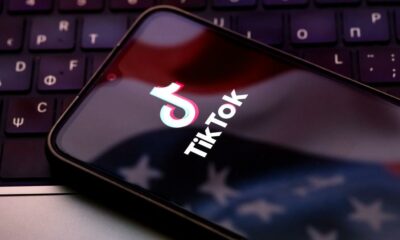Culture Craze
Drake Loses Defamation Lawsuit Against Universal Music as Judge Backs Artistic Freedom

Drake’s Legal Battle Hits a Dead End
In the latest twist to hip-hop’s biggest feud in years, an American federal judge has officially dismissed Drake’s defamation lawsuit against his longtime record label, Universal Music Group (UMG). The decision, handed down on Thursday, 9 October, marks a major legal and cultural turning point in the rapper’s ongoing fallout with Kendrick Lamar.
The case stemmed from Lamar’s 2024 chart-topping diss track, Not Like Us, a song that reignited their rivalry and dominated global music headlines. Drake, whose real name is Aubrey Graham, had sued UMG earlier this year, accusing the label of defamation and of manipulating streaming figures to inflate Lamar’s success at his expense.
According to the lawsuit, UMG allegedly offered discounted licensing deals and secret payments to ensure Not Like Us spread widely, damaging Drake’s image in the process. However, the judge saw things differently.
The Judge’s Verdict: “War of Words” Not Defamation
Judge Jeannette Vargas ruled that the song’s explosive lyrics, including accusations of paedophilia, were not defamatory because listeners would not take them as literal facts. In her ruling, she described the feud as “the most infamous rap battle in the genre’s history,” calling the lyrical exchanges between Drake and Lamar a “war of words.”
She explained that Not Like Us was filled with “profanity, figurative language, and hyperbole,” characteristics typical of rap’s combative culture. The court concluded that these expressions were protected under free speech and that UMG could not be held liable for distributing the song.
Vargas added that in the heated context of a rap battle, no “reasonable listener” would interpret the lyrics as factual claims about Drake’s character.
A Feud That Defined an Era
The Not Like Us track, released in May 2024, was a career-defining moment for Kendrick Lamar. It accused Drake of cultural appropriation, calling him a “coloniser of rap” who’s “not like us.” The song dominated airwaves, racked up record-breaking streams, and later swept five Grammy Awards, including Record of the Year and Song of the Year.
The feud became the talk of the internet, sparking viral debates and spawning thousands of memes. Lamar even performed the diss at the Super Bowl halftime show earlier this year, a move that fans described as “the ultimate victory lap.”
While many expected Drake to move on, his lawsuit against UMG in January 2025 reignited public interest in the rivalry. He argued that the label had prioritised profits over the safety and well-being of its own artists.
UMG Celebrates Victory, Drake Plans to Appeal
Universal Music Group welcomed the judge’s dismissal, saying the lawsuit was “an affront to creative freedom” and that it should never have reached the courtroom.
“We’re pleased with the court’s dismissal and look forward to continuing to promote Drake’s music and invest in his career,” UMG said in a statement.
But Drake’s camp isn’t ready to back down. His legal team confirmed plans to appeal the ruling, hoping the Court of Appeals will take a different view.
Social Media Reacts: “You Can Lose the Case, But You’re Still Drake”
As news of the decision broke, social media platforms erupted. Some users mocked Drake for what they saw as a failed attempt to rewrite the narrative.
One user, @AnimeGuru100, wrote, “Wasted everyone’s time. Drake ruined his reputation even further and kept the beef alive for way too long.”
Others stood firmly by the rapper, with fan @Hamza posting, “Oh Aubrey Graham, I promise you we will not allow this loss to be in vain.”
Another supporter chimed in with a perspective: “When you’re as big as Drake, you can lose a beef and a lawsuit and you’re still number one. Nobody’s even playing Not Like Us anymore.”
The Bigger Picture: Art, Reputation and Free Speech
The case highlights a growing tension between artistic expression and public perception in the streaming era. While artists like Drake have built empires on personal storytelling, the courts have made it clear that lyrical sparring remains protected creative territory.
For fans, the ruling might close one chapter of the Drake–Lamar saga, but in hip-hop culture, the echoes of Not Like Us and the rap battle it fuelled will linger for years.
Follow Joburg ETC on Facebook, Twitter, TikT
For more News in Johannesburg, visit joburgetc.com
Source: IOL
Featured Image: People.com



























